#NationalHighwayTrafficSafetyAdministration
Republican Proposal Would Block States From Setting Self-driving Rules
A coterie of Republican officials believe individual states should be forbidden from governing themselves in regard to autonomous vehicles. Only in its commencement, a new U.S. House proposal claims states would not be within their rights to mandate the design or testing of self-driving cars.
If made law, the proposal would eliminate the need for automakers to acquire any pre-market approval from federal regulators. While that sounds like a free-for-all ripe for accountability issues, several states already have laissez-faire or highly supportive attitudes when it comes to autonomous vehicles, though others could become serious headaches for automakers hoping to swiftly get the technology on the road.
The 45-page legislative draft includes 14 bills and would designate the U.S. National Highway Traffic Safety Administration as the primary agency for regulating self-driving cars. It’s aggressively pro-business and, despite being penned by Republicans, has managed to achieve some bipartisan support.
That's Off-The-Record: A CAFE With a Bad Menu
Not to go all political on you, but it’s amazing how President Obama acted more like a bitter foreclosure victim — one who goes nuts and destroys as much of the house as they can, just short of being arrested for vandalism — during his last days in office, and not a graceful man given two terms as the leader of the free world.
Mr. Obama did this in two ways: one action affected a short list of government folk, and the other impacted one of the most important industries in our lives — the auto industry.
The short-listed government victims are those affected by Obama’s order to share dirt on people talking with “foreigners.” It’s against the law — but when did that stop the former President? What’s worse, and perhaps deadly, is Mr. Obama’s decision to renege on his promise to check and perhaps re-adjust the daunting future Corporate Average Fuel Economy (CAFE) standard his administration first put in place in 2009, which the administration made even wackier in 2011.
Fuel Regulation Compliance Costs Could Be 40% Lower Than EPA Estimate
An economic assessment conducted by the International Council on Clean Transportation found that, due to recent improvements in technology, the Environmental Protection Agency’s rationale for its 2025 fuel efficiency standards may have overestimated the cost for automakers to comply. The ICCT’s study shows average per-car investments 34 to 40 percent lower than the previous EPA appraisal.
While this information, had it come out sooner, may not have kept automotive executives from bending the president’s ear to reevaluate EPA guidelines, it certainly reframes their reasons for doing so. The ICCT, famous for turning researchers loose on Volkswagen diesels, makes a good case that manufacturers have the tools to meet current standards without spending a lot of money.
Hat Trick: Automotive Recalls Reach Record High for Third Year in a Row
Automobile manufacturers recalled an all-time high of 53.2 million vehicles in the United States last year. The record-breaking number would not have been possible without the continued expansion of the recall of extremely dangerous Takata airbag inflators, according to the U.S. Transportation Department. Of course, it’s not just Takata Corp. that helped make 2016 the worst year on record, so be sure to save your applause.
Encouraged by the Obama administration, the Department of Transportation enacted a whopping 927 recall campaigns last year. That’s 7 percent above the previous high set in 2015. Fatal accidents jumped up 10.5 percent that year, followed by another 8 percent in 2016.
IIHS Announces Award for Not Decapitating Drivers With a Tractor Trailer
The next time you’re driving behind a semitrailer take notice of that metal bumper hanging off the back. That’s the underride guard, and its job it to prevent your minuscule hatchback from hurdling beneath its hulking mass on the off chance that you have a collision.
Sadly, not all guards are created equal and some buckle during an accident — allowing the car’s passenger compartment to impact the rear of the trailer, frequently shearing off the part of the vehicle that your head occupies.
To further scare you out of tailgating trucks, the Insurance Institute for Highway Safety released a 2011 report stating that the majority of those guards would fail and that the National Highway Traffic Safety Administration’s minimum structural guidelines for underride bars was inadequate. While some manufacturers had begun installing stronger and safer guards, mainly to satisfy higher Canadian standards, the initial round of IIHS’ testing resulted in most underride guards failing in a 30-percent overlap test.
NHTSA's Tesla Autopilot Death Investigation Comes to a Close
The National Highway Traffic Safety Administration has closed the book on a six-month investigation into the death of a Tesla owner — and enthusiast — who died in a car piloted by the company’s semi-autonomous Autopilot system. What did the federal investigation uncover? Not enough to warrant a recall or further probing into the technology.
In fact, the NHTSA’s report clears Tesla’s Autopilot system of any responsibility in the incident.
Ford's Door Latch Headache Continues as NHTSA Probes Edge Models
The National Highway Traffic Safety Administration has opened an investigation into 380,000 Ford Edge SUVs after receiving a slew of complaints about doors that won’t latch.
The regulator’s probe increases the chances that Ford will add another crop of vehicles to its 2.4 million-strong door latch recall. Meanwhile, another NHTSA investigation targets reports of power steering failure in certain Fusion models.
Your Future No Longer Includes Rear-Ending That Other Car
As we reported yesterday, a group of top automakers has agreed to offer automatic emergency braking (AEB) on almost all of their models by 2022.
The National Highway Transportation Safety Administration (NHTSA) confirmed the voluntary agreement today, meaning virtually all light-duty cars and trucks sold in North America will adopt the safety feature by Sept. 1, 2022.
The group is made up of Audi, BMW, FCA US LLC, Ford, General Motors, Honda, Hyundai, Jaguar Land Rover, Kia, Maserati, Mazda, Mercedes-Benz, Mitsubishi Motors, Nissan, Porsche, Subaru, Tesla Motors Inc., Toyota, Volkswagen and Volvo Car USA.
TTAC News Round-up: Don't Leave Europe Out of the Party, Bizarre End To GM Lawsuit, and 2015's Recall-mania
Volkswagen to European diesel owners: “Why you mad?”
That, the mailman can’t deliver on the first lawsuit against GM, Caddies built in China and 51.3 million cars were recalled in 2015 … after the break!
TTAC News Round-up: Let's Talk Carbon Emissions, Volkswagen's Bigger Headache, and Plug-in Porsches
FCA has to clean up its act in a hurry, or pay a lot more to sell cars in the future.
That, Europe wants Volkswagen to treat its owners the same as American owners, General Motors’ lawyers get down and dirty and Porsche’s plug-in 911 … after the break!
TTAC News Round-up: Elio's Already on Thin Ice; Magna and Getrag Seal Their Deal, No Normal Buyer
Regulators may rain on Elio’s parade even before they got started.
That, Volvo takes a serious stab at full-size luxury conventional wisdom, the big get bigger and Ford’s hybrids only go so far … after the break!
Report: Ford, Regulators Aware of Power Steering Issues, Still No Recall
The New York Times reported that federal regulators have received about 150 complaints over four years about power steering failures in the 2012 model year Ford Focus, including 124 crashes with injuries, with no recourse. One crash reportedly killed an 89-year-old New Jersey woman, although federal investigators concluded, “a steering failure is most likely not implicated,” according to the New York Times.
Despite the widespread reports by owners and the manufacturer, the National Highway Traffic Safety Administration hasn’t asked Ford to recall the car. Ford has issued two service bulletins to dealers to inform consumers that the electric-assisted steering could lose power on startup and “wander” at highway speeds.
Safety authorities told the New York Times that its investigations revealed that in most of the crashes the fault was with the steering wheel and not necessarily the power steering.
Report: Honda Engineers Berated Takata Before Scandal Erupted
Bloomberg ( via Automotive News) reported that engineers at Honda demanded to know why Takata airbags were injuring drivers and passengers during a 2009 meeting held four months before investigators started their inquiry.
“Why does it explode? I want to know the truth,” an engineer identified as “Otaka” asked Takata’s CEO at the meeting, according to Bloomberg.
Minutes from a July 2009 meeting between Honda executives and Takata officials were made public as part of a lawsuit against the airbag maker.
TTAC News Round-up: Volkswagen Has A Better Slogan and Attitude, BMW Has Less Money, And Honda's Bringing All The Turbos
Volkswagen’s simple, effective and direct slogan “Das Auto” ist kaput after about a decade of ruining our logic and grammar.
That, and BMW gets spanked by NHTSA, drive like it’s 2008, and more … after the break.
Denver Police Know How To Catch Stoned Drivers, Feds Want To Learn More
The joke that spotting a high driver is as easy as looking for the car safely going 7 mph on the interstate isn’t entirely accurate, according to Denver police.
“You’d be wrong. We’ll see the same levels of intoxication between someone who’s been using alcohol and someone who is on drugs,” Denver police Captain Mark Chuck said Wednesday. “There’s virtually no difference.”
Spotting those signs of impairment could become very important as federal regulators devote resources to developing nationwide standards and training tools for law enforcement. The recently signed federal highway funding bill, dubbed Fixing America’s Surface Transportation (FAST) Act, directs the Transportation Department to study how to spot marijuana-impaired drivers as more states legalize the drug.




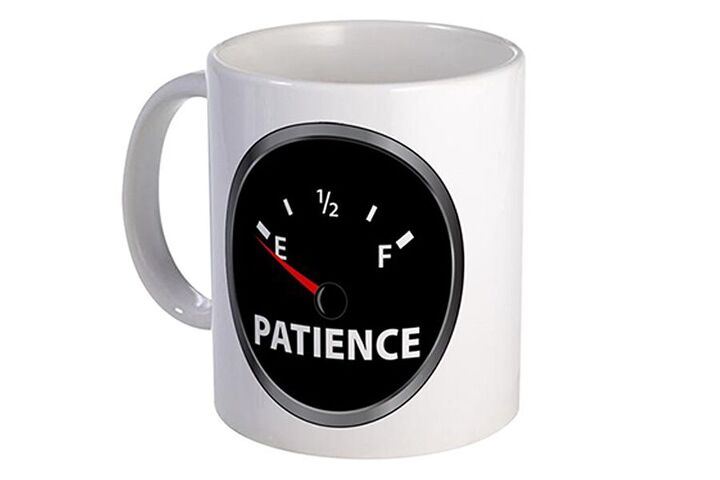
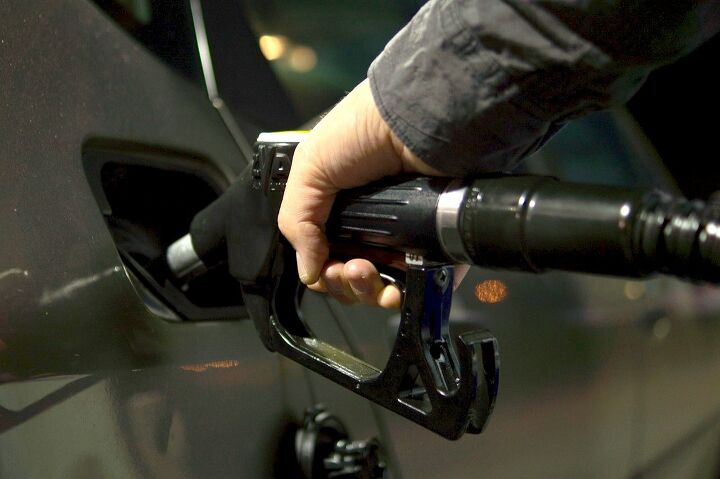
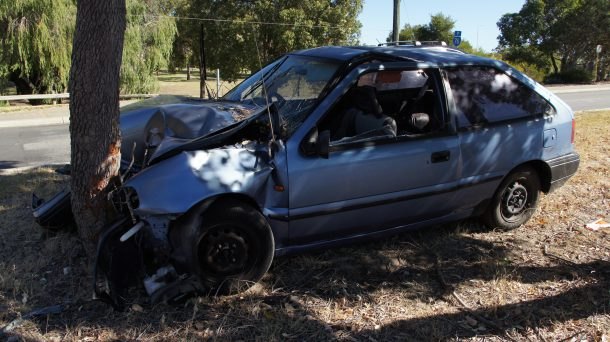
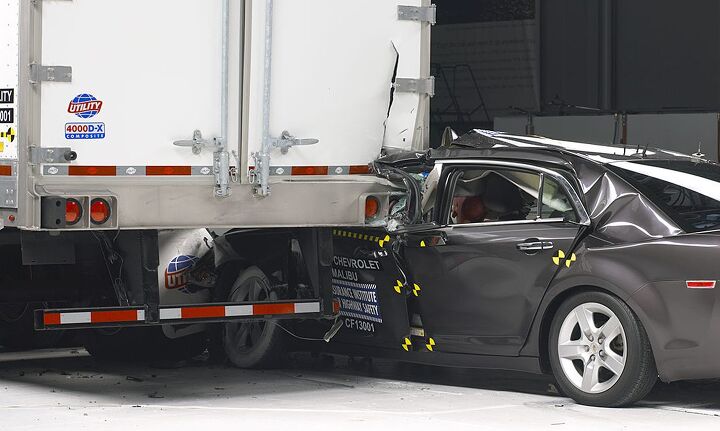
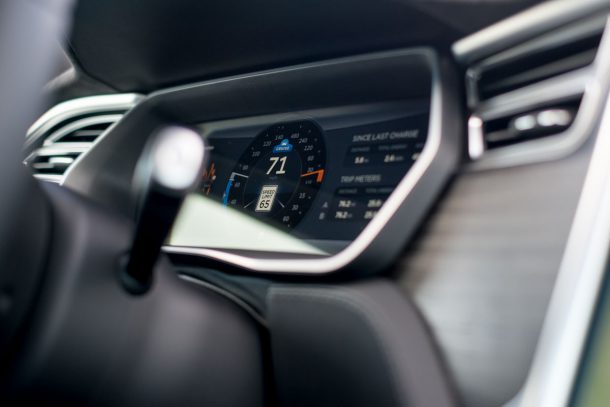


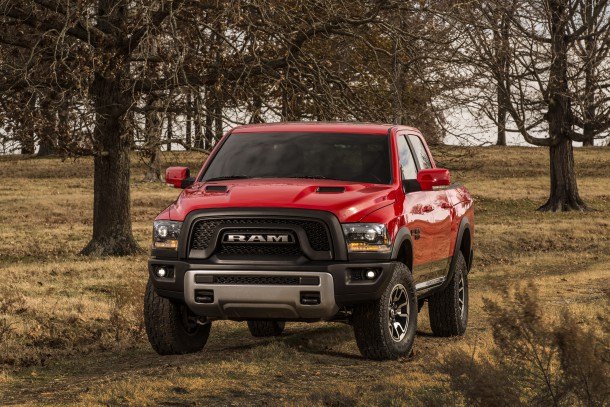
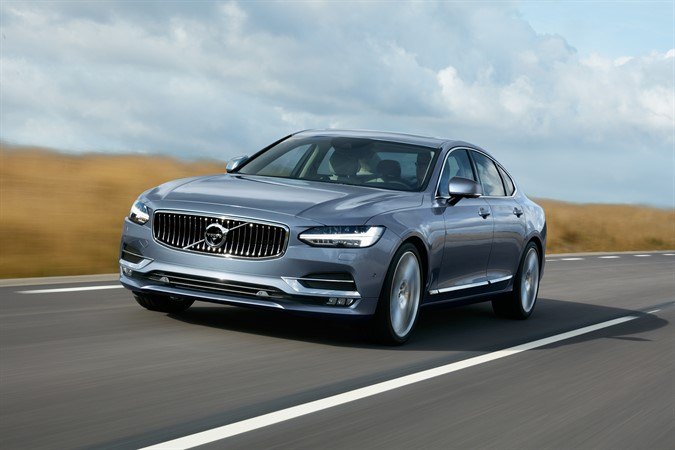

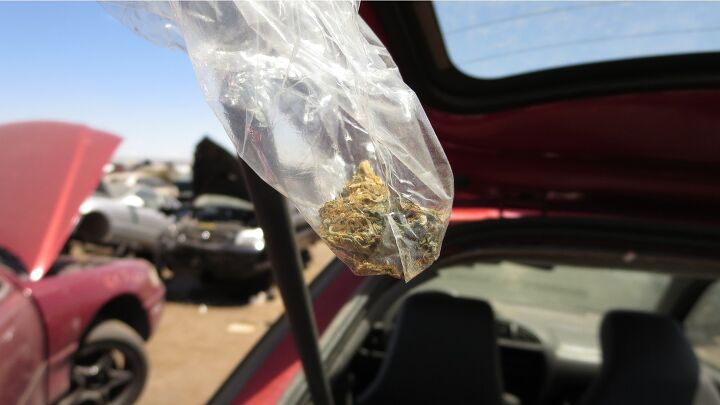












Recent Comments